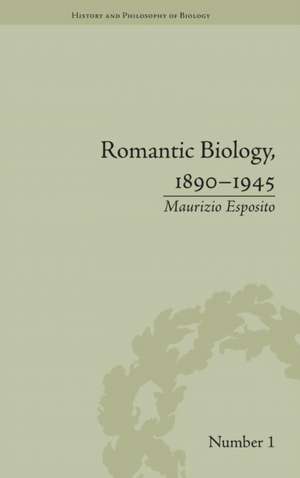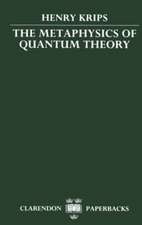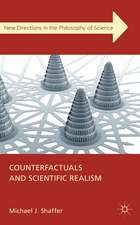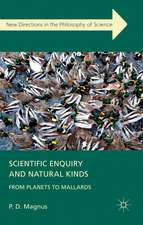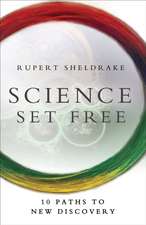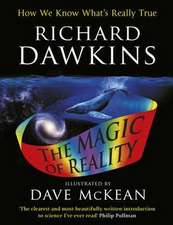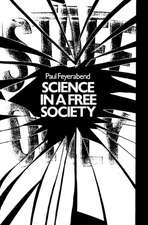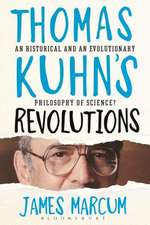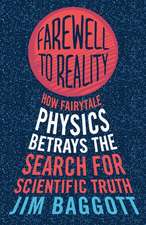Romantic Biology, 1890–1945: History and Philosophy of Biology
Autor Maurizio Espositoen Limba Engleză Hardback – noi 2013
| Toate formatele și edițiile | Preț | Express |
|---|---|---|
| Paperback (1) | 440.39 lei 6-8 săpt. | |
| Taylor & Francis – 21 ian 2016 | 440.39 lei 6-8 săpt. | |
| Hardback (1) | 1090.54 lei 6-8 săpt. | |
| Taylor & Francis – noi 2013 | 1090.54 lei 6-8 săpt. |
Din seria History and Philosophy of Biology
- 9%
 Preț: 935.39 lei
Preț: 935.39 lei - 17%
 Preț: 259.85 lei
Preț: 259.85 lei -
 Preț: 349.30 lei
Preț: 349.30 lei -
 Preț: 440.39 lei
Preț: 440.39 lei -
 Preț: 370.43 lei
Preț: 370.43 lei -
 Preț: 378.12 lei
Preț: 378.12 lei - 16%
 Preț: 273.82 lei
Preț: 273.82 lei -
 Preț: 381.83 lei
Preț: 381.83 lei - 17%
 Preț: 271.20 lei
Preț: 271.20 lei - 18%
 Preț: 984.63 lei
Preț: 984.63 lei -
 Preț: 381.57 lei
Preț: 381.57 lei -
 Preț: 374.69 lei
Preț: 374.69 lei -
 Preț: 379.96 lei
Preț: 379.96 lei - 17%
 Preț: 259.57 lei
Preț: 259.57 lei -
 Preț: 375.96 lei
Preț: 375.96 lei -
 Preț: 381.83 lei
Preț: 381.83 lei -
 Preț: 381.83 lei
Preț: 381.83 lei - 17%
 Preț: 247.66 lei
Preț: 247.66 lei - 18%
 Preț: 936.42 lei
Preț: 936.42 lei - 18%
 Preț: 934.38 lei
Preț: 934.38 lei - 26%
 Preț: 763.01 lei
Preț: 763.01 lei
Preț: 1090.54 lei
Preț vechi: 1329.93 lei
-18% Nou
Puncte Express: 1636
Preț estimativ în valută:
208.74€ • 219.13$ • 172.43£
208.74€ • 219.13$ • 172.43£
Carte tipărită la comandă
Livrare economică 31 ianuarie-14 februarie 25
Preluare comenzi: 021 569.72.76
Specificații
ISBN-13: 9781848934207
ISBN-10: 1848934203
Pagini: 266
Dimensiuni: 156 x 234 x 26 mm
Greutate: 0.57 kg
Ediția:1
Editura: Taylor & Francis
Colecția Routledge
Seria History and Philosophy of Biology
Locul publicării:Oxford, United Kingdom
ISBN-10: 1848934203
Pagini: 266
Dimensiuni: 156 x 234 x 26 mm
Greutate: 0.57 kg
Ediția:1
Editura: Taylor & Francis
Colecția Routledge
Seria History and Philosophy of Biology
Locul publicării:Oxford, United Kingdom
Cuprins
Introduction; Chapter 1 Old and New Organicisms; Chapter 2 Romantic Biology: Establishing Connections in the Nineteenth and Twentieth Centuries; Chapter 3 The British Version: J. S. Haldane, D'arcy Thompson and the Organism as a Whole; Chapter 4 The New Generation: A Failed Organismal Revolution; Chapter 5 The American Version: Chicago and Beyond; Chapter 6 Romantic Biology from California's Shores: W. E. Ritter, C. M. Child and the Scripps Marine Association; Chapter 7 Conclusion: Whatever Happened to Organismal Biologies?;
Descriere
In this book, Esposito presents a historiography of organicist and holistic thought through an examination of the work of leading biologists from Britain and America. He shows how this work relates to earlier Romantic tradition and sets it within the wider context of the history and philosophy of the life sciences.
